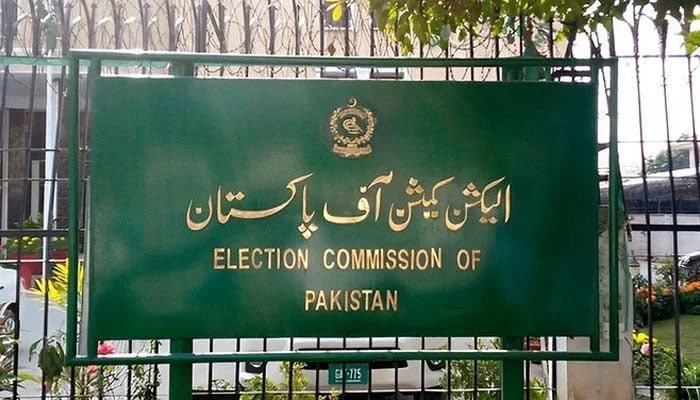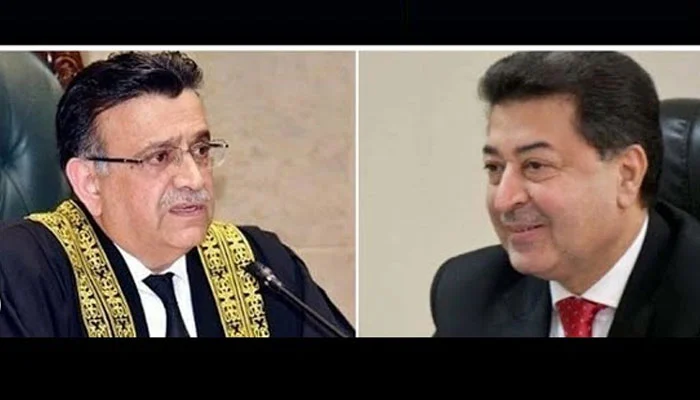In response to the Pakistan Tehreek-e-Insaf’s (PTI) revealed backup plan involving party-hopping strategies, the Election Commission of Pakistan (ECP) has issued a directive prohibiting returning officers from assigning electoral symbols to candidates affiliated with one party while simultaneously being members of another.
The ECP emphasized that according to the Election Act, a candidate must provide a certificate of party affiliation, restricting individuals from holding membership in more than one political party simultaneously. This directive is aimed at addressing concerns related to ethical conduct during the electoral process.
The Election Commission expressed its dissatisfaction with the numerous requests it received, suggesting attempts to deceive the commission. It underscores the importance of adhering to the regulations outlined in the Election Act, which are designed to ensure fairness and transparency in the electoral process.
The context for this directive arises as the Pakistan Tehreek-e-Insaf (PTI) recently issued tickets to its candidates who were contesting on behalf of another party. The party’s strategic directive included obtaining tickets from opposition parties, a move that prompted the Election Commission to take proactive measures to maintain the integrity of the electoral system.
The Pakistan Tehreek-e-Insaf (PTI), symbolized by the bat, is known for its position as a symbol of change and a departure from traditional politics. The party’s selection of electoral symbols is a critical factor in distinguishing candidates on the ballot.
This directive by the Election Commission of Pakistan is a response to the evolving landscape of political strategies and party affiliations. It is a proactive step to prevent any attempts at manipulating party affiliations for strategic gains during the upcoming elections. The controversy surrounding the PTI’s issuance of tickets to candidates affiliated with other parties has prompted the Election Commission to assert the importance of maintaining the democratic values of fairness, accountability, and transparency.



